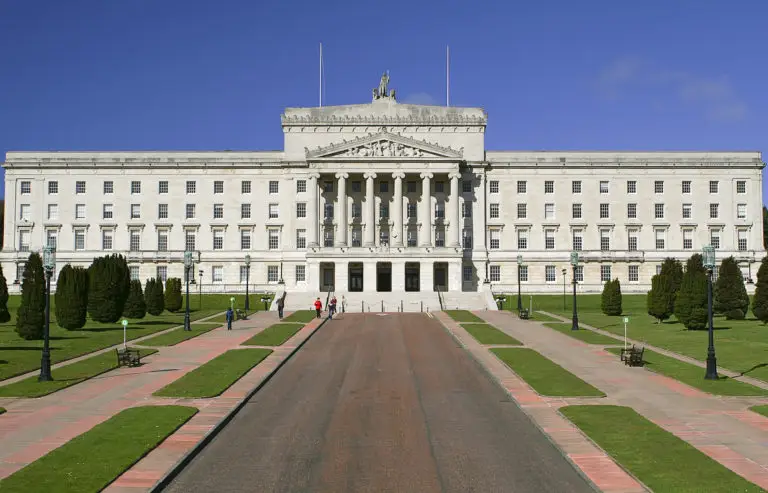Today marks five years since the UK voted to leave the European Union. After years of political instability, the UK finally left the EU in 2020 and agreed a trade deal a year later. In October 2019, as Boris Johnson and Leo Varadkar met to work out final details of the Brexit transition agreement, few could have predicted the chaos the subsequent 18 months would bring. For the most part, COVID-19 has made Brexit feel trivial compared to a global pandemic. And yet, the situation on the Island of Ireland continues to ignite tensions between the UK and EU as well as the Unionist and Republican communities in Northern Ireland. This is due to a provision agreed by the UK and EU known as the Northern Ireland Protocol which ensured there would be no border checks between the Republic of Ireland and Northern Ireland. Unlike COVID-19 and the ensuing lockdown, the flaws in the Northern Ireland Protocol were both foreseeable, and arguably understood by the UK at the time of its agreement.
This is because, although it led to cries of betrayal from the DUP, it had two benefits for both the EU and UK. For the UK, it resulted in a ‘oven ready’ Brexit deal that was crucial to Boris Johnson’s electoral landslide. For the EU, it prevented a damaging ‘no deal’ and an acrimonious divorce from its closest trading partner. The price of this compromise is only now becoming apparent. At the time, when describing the trade deal, the Prime Minister said it would involve “no forms, no checks, no barriers of any kind”. The reality is of course quite the opposite, with businesses in Northern Ireland now facing barriers to trade with the rest of the United Kingdom. Both sides have learned that a problem deferred is not a problem solved.
Under the Protocols provisions, it will be voted on by the Northern Ireland Assembly in 2024 and Unionists will need 45 votes to revoke it. This means the next Assembly elections will effectively determine the fate of the Protocol. With the DUP sliding backwards in the polls after sustained internal fighting and Sinn Fein rising, Unionists will face an upward climb to reach 45 votes. This will only inflame tensions as election day approaches.
All of this means that the UK and EU are now at loggerheads over an international treaty that’s not even two years old. Lord Frost argues that the EU needs a “new playbook” for dealing with neighbours, one that involves “pragmatic solutions between friends, not the imposition of one side’s rules on the other and legal purism.” Meanwhile, Brussels believes it’s merely enforcing what was agreed to and ratified.
All of this has ramifications for the UK’s future relationship with the European Union. This will be close out of necessity, but judging by the G7 summit it will not be warm. The effects of the Northern Ireland Protocol could be felt here too. President Macron caused a diplomatic incident when he declared that Northern Ireland was not in the UK, leading to much anger among the British Government.
It is plain to see that the EU is keen to move on from Brexit. France will take the Presidency of the European Council next year and have ambitious plans to make this a reality. Symbolically, France have made clear their determination for French to replace English as the working language of the EU. Under the French Presidency, all Council meetings will be conducted in French instead of English.
It is also clear that the UK Government wants to pivot away from Europe and towards the USA and the Indo-Pacific. This is a core tenant of the “Global Britain” mantra frequently espoused by the Prime Minister.
Overall, the Northern Ireland Protocol continues to inflame tensions between the UK and EU and within Northern Ireland itself. The UK and EU are both clear in their desire to move on from Brexit and each other, but this will be impossible until the issues surrounding the Protocol are resolved.




